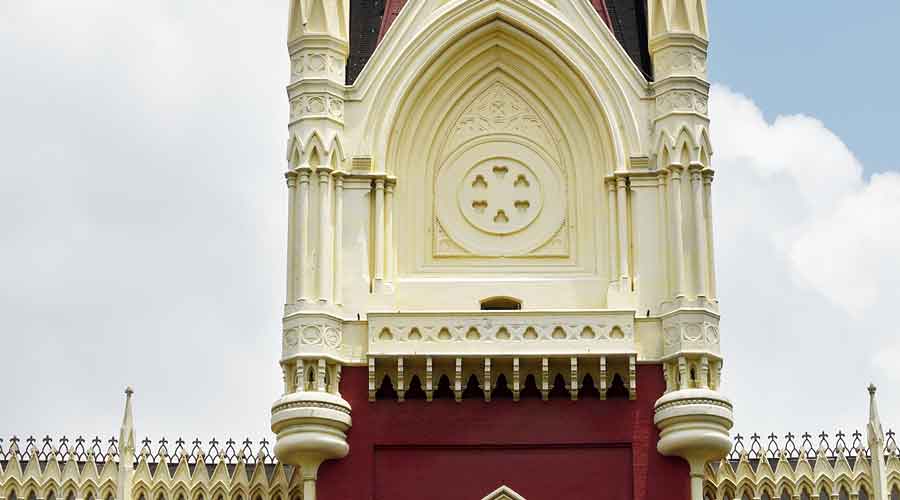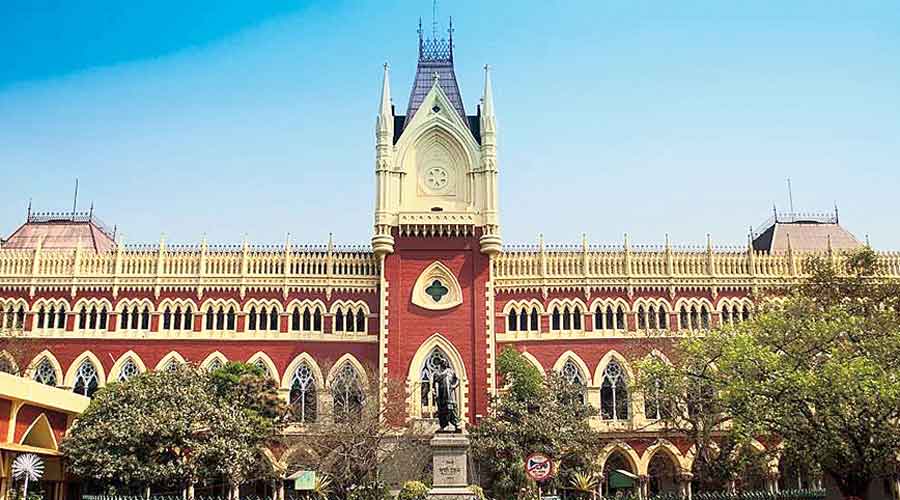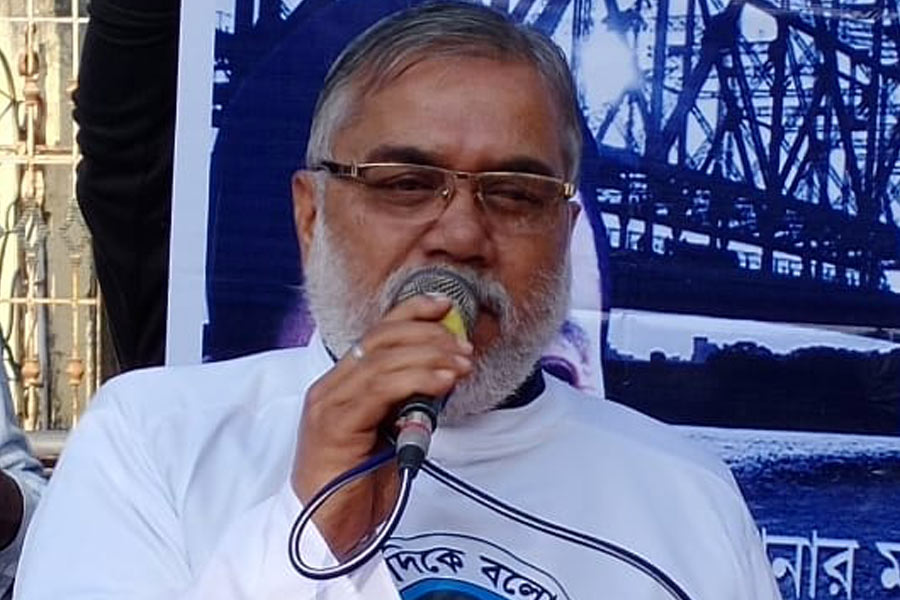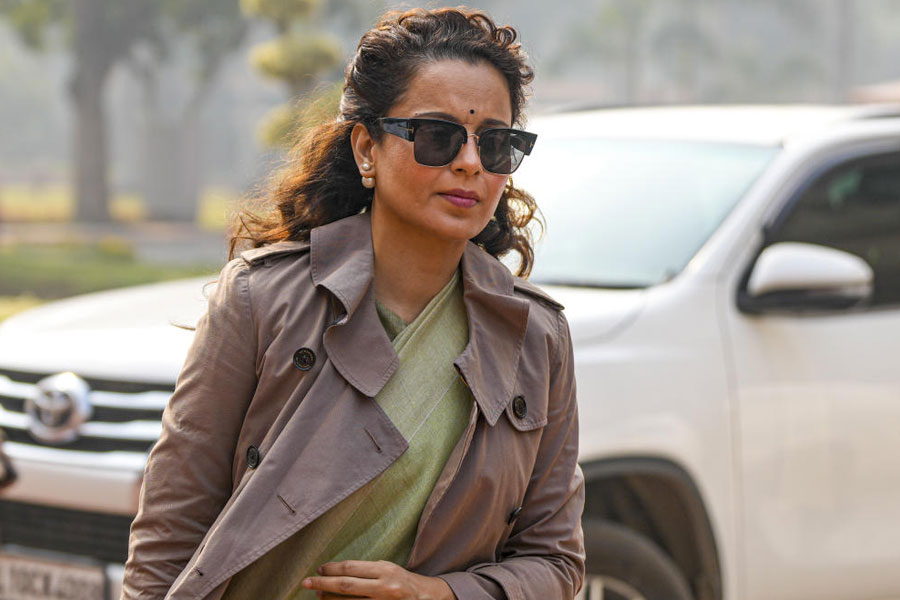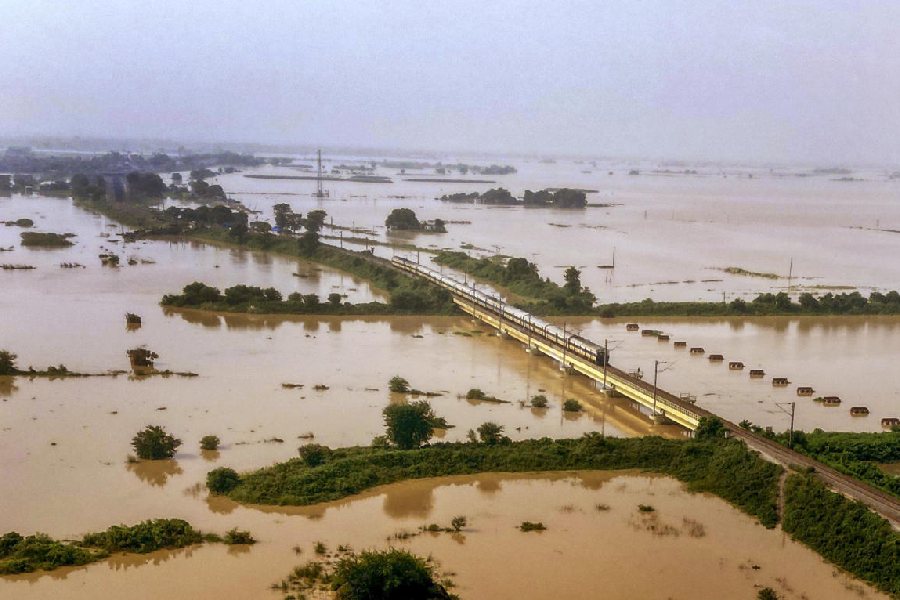The names of senior advocate Amitesh Banerjee, son of Justice U.C. Banerjee who had rejected the Godhra train carnage conspiracy theory, and three others have been iterated by the Supreme Court collegium for elevation as Calcutta High Court judges.
The Centre had raised fresh queries after sitting on the recommendations for over two years.
Justice U.C. Banerjee, a former Supreme Court judge, had helmed the commission that in 2006 ruled out any conspiracy in the 2002 Sabarmati Express fire tragedy in Godhra that killed 58 kar sevaks. The arson was cited as an excuse for the Gujarat riots that erupted when Narendra Modi was chief minister.
The decision to iterate the names of Amitesh Banerjee and the three other advocates — Jaytosh Majumdar, Raja Basu Chowdhury and Lapita Banerji — was taken at a meeting of the collegium late on Friday night. The collegium is made up of Chief Justice of India N.V. Ramana and Justices U.U. Lalit and A.M. Khanwilkar.
The four names had been recommended in July 2019. Sources said the Centre had in the second fortnight of August this year raised fresh queries on Amitesh Banerjee and the others.
With the Supreme Court collegium iterating the names, the Centre has little option but to comply with the recommendations unless it chooses to trigger a fresh constitutional row over judicial appointments.
Under the memorandum of proceedings that governs the appointment and transfer of judges, the government can raise objections over names recommended by the collegium. But if the collegium iterates the recommendations, the government has to accept the suggestions.
The collegium on Friday night also iterated the names of five advocates whom it had recommended for elevation over the past two years.
For Rajasthan High Court, the collegium iterated the name of advocate Farzand Ali. The names of advocates Rahul Bharti and Moksha Kazmi (Khajuria) were reiterated for Jammu and Kashmir High Court. The names of advocates Nagendra R. Naik and Aditya Sondhi were iterated for elevation as judges of Karnataka High Court.
The Centre had returned their files by raising objections.
CJI Ramana has been credited with taking strong measures to fill up vacant judges’ posts in the Supreme Court and the high courts to tackle the massive pendency of three crore cases in the country.
Last month the collegium had recommended an unprecedented nine names at one go for elevation to the Supreme Court. The Centre, often chastised by the Supreme Court for sitting on collegium recommendations, had swiftly cleared the names in eight days, paving the way for their oath-taking on August 31.
The government was said to have raised objections to the names of Justice Hima Kohli and then advocate P.S. Narasimha. However, CJI Ramana is understood to have taken up the issue at the “highest level” and made it clear that all the nine recommendations would have to be green-lighted.
On Friday, the collegium suggested the names of 68 persons for elevation as high court judges, the highest one-time recommendation.
Against the sanctioned strength of 72 judges at Calcutta High Court, it has a working strength of 31. The 72 include 54 permanent and 18 additional judges. The 31 are made up of 29 permanent and two additional judges. The high court has 41 vacancies — 25 permanent and 16 additional judges — based on official data as on August 1, 2021.
Among the 68 names recommended on Friday, six are for Calcutta High Court, according to sources.
Calcutta High Court is the fifth largest high court in the country after those of Allahabad (total strength of 120 judges), Bombay (994), Punjab and Haryana (85) and Madras (75).

